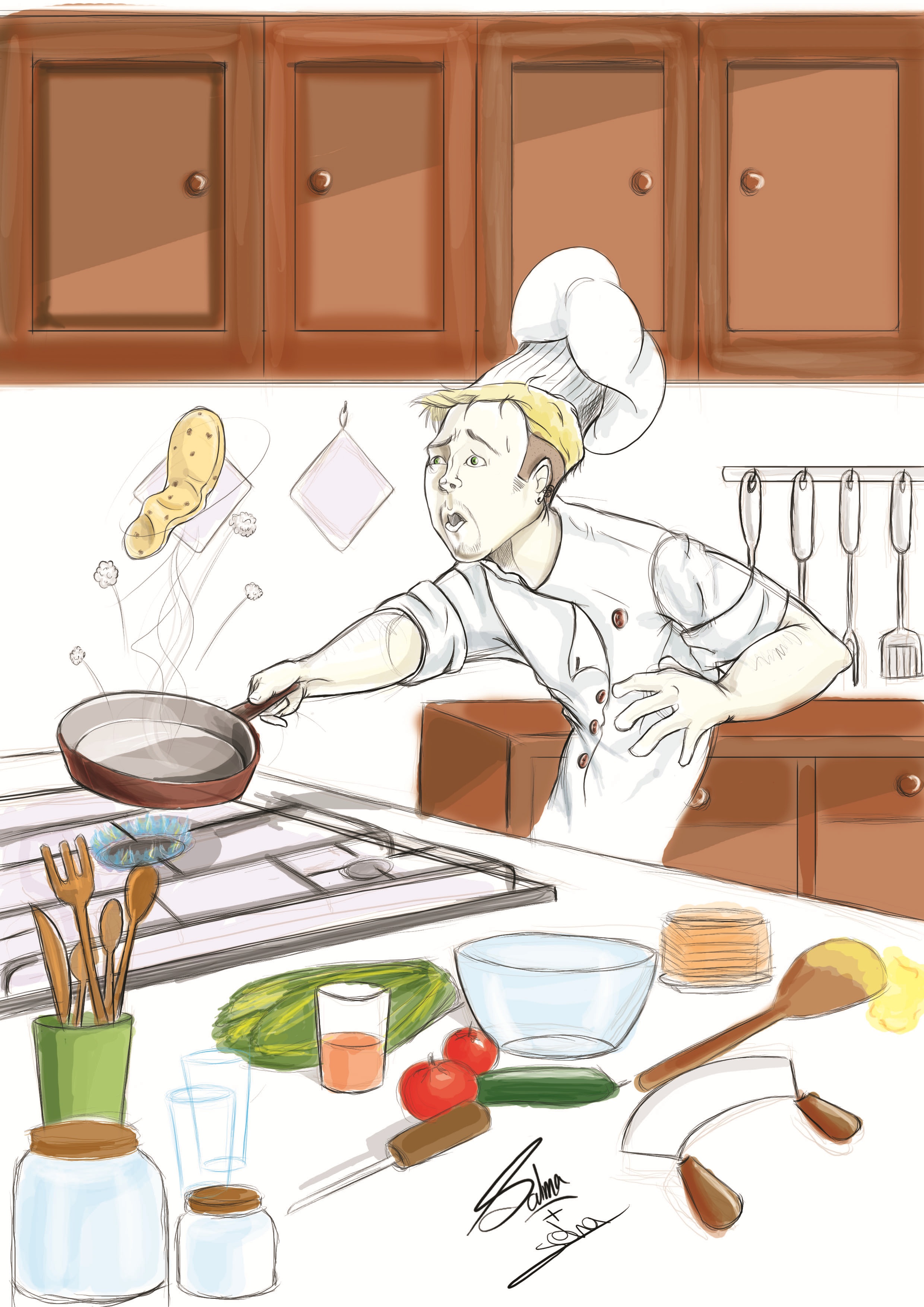What if we went back in time to the early 19th century, when “El-Melaya El-Laf” was the main outfit for Egyptian ladies?
A question popped into our minds, leaving no space for any other idea to compete, to travel back in time to an era in which the definition of beauty and feminism was far removed from the current worldwide norms.
“El-Melaya El-Laf” is a folkloric outfit that used to be worn by women over their garments in the early 19th century to conceal the body. It was soon replaced with foreign styles of clothing after the 1919 revolution. Yet, it stayed the middle class’s unique dress code until the late 1980s.
Nowadays, local drama shows always insist on featuring negative stereotypes related to “El-Melaya El-Laf”, and it is always portrayed as being worn by immoral women.
Shooting the reactions of people seeing a lady from the past walking around and dealing with them normally, was an unforgettable experience.
“Souk El-Etnen” (Monday Market) is a local shopping destination for the C class, located in Sayeda Zeinab.
“All people at the beginning were shocked,” said Maydaa El-Nadar, the heroine of the experience. “A few minutes after standing in the street to take a taxi, a man insulted us, saying, “May God take His revenge against you”.”
El-Nadar narrated her experience: “Afterwards, we were continuously hearing verbal and sexual abuse from men, and even young boys in the street. It came to my mind, ‘Is their life empty to stay in the street, staring at people who are enjoying their time? Are they that miserable to try their best to bother women and girls in the street?’”
After a while, it was normal to find people starring at El-Nadar, men with admiring looks whilst women looked with envy.
“When I was buying a banana, the seller asked me “Are you Egyptian?” I told him no, asking myself what is wrong with an Egyptian girl wearing traditional clothing and going to the market,” El-Nadar added.
Soon after, many people gathered around her. “A man asked a woman to hit me as he sees me as impolite, and another one tried to approach me, that’s when I felt I had to walk away from this place,” El-Nadar said.
While trying to stop a taxi, the camera which was shooting the scene got broken by an angry man who was trying to hit her. “I felt humiliated to live in this country. This country humiliates its women,” Amany Kamal, the photographer, said.
“When the banana seller came to defend us, unfortunately he was violently hit. The taxi driver also was hit for our sake, and they blamed him for not being a man. So basically we were blamed for being prostitutes, and the two men who defended us were blamed for not being men,” Kamal added.
The next day, they went to a slightly better neighbourhood to see if reactions would be more tolerant. Luckily, people were much nicer, more welcoming and happy with them.
That did not prevent, however, the non-stopping questions they faced from almost every person who ran into them, but at least people tended to understand and not judge.
“In the end, I’m quite satisfied with the experience,” concluded El-Nadar. “I dislike the way our society deals with women, yet this is my only way to fight it.”
Unlike her, Kamal felt annoyed with the experience, saying: “The only feeling that controlled me while taking the pictures was fear. I was always afraid something might happen to her or someone might harm her.”
All photos taken by Amany Kamal







